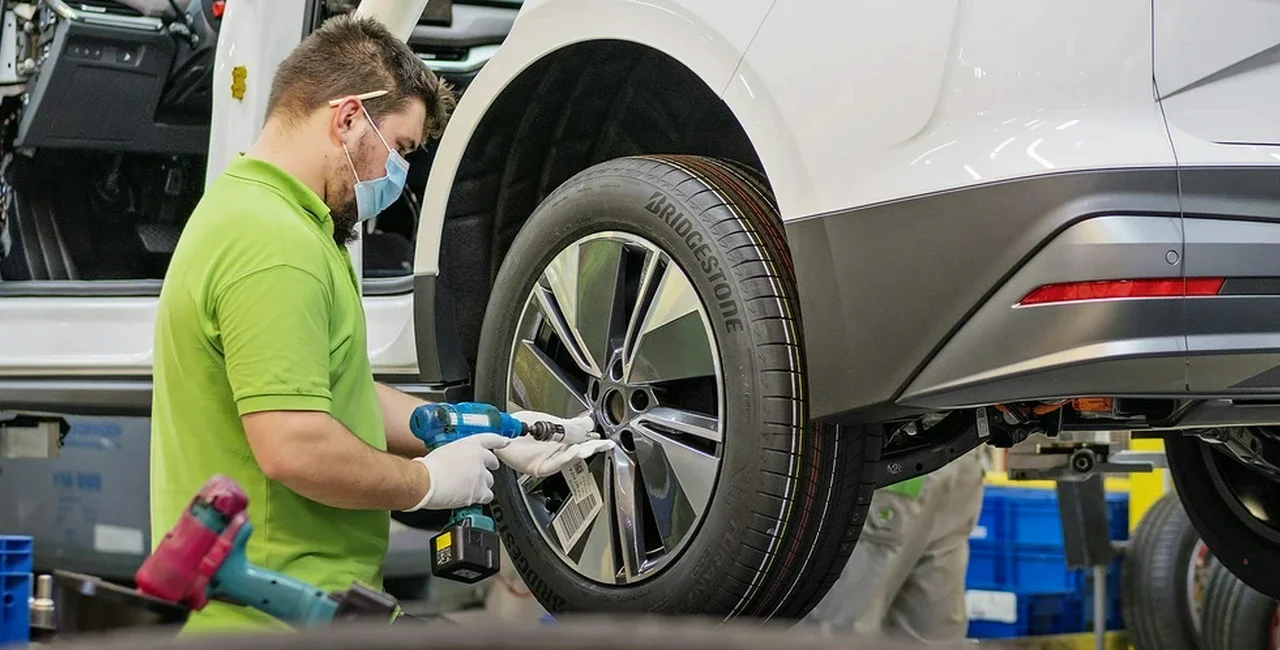The Czech Republic’s industrial sector is vital to the national economy. Before the pandemic sent economic activity in the Czech Republic into flux, industry including construction accounted for almost 35% of the nation’s GDP.
The latest figures published by the Czech Statistical Office will therefore be a major cause for concern for economists and the incoming Czech government, as a decline in Czech industrial production accelerated to 4.9%, driven mainly by severe shortages afflicting the nation’s vital automotive industry.
Škoda Auto, the Czech Republic’s biggest car manufacturer, was hit this autumn by supply shortages of semi-conductor chips which left the company unable to complete thousands of vehicles on schedule. Although production has since resumed, the downturn in car production was a serious setback which is now having a knock-on effect on other industrial activity.
“Problems with the supply of components in car production have started to affect downstream industries, such as tire production,” said Radek Matějka, Director of Agriculture and Forestry, Industry, Construction and Energy at the Czech Statistical Office.
The decline in car production, by as much as a third compared to the same period last year, canceled out some promising results from other areas of the economy. Construction output increased by 3.7%, with growth driven by residential and non-residential projects currently under development.
The Czech Statistical Office also revealed that growth in the construction sector earlier this year was better than previously thought, following a significant downturn last year. The number of family homes starting construction has increased by 16.6% compared to October 2020, while the number of apartments being built has doubled.
The optimism suggested by this uptick in construction is, however, offset by a decline in the Czech Republic’s foreign trade, which in October ended with a deficit of CZK 18.2 billion, a balance CZK 49.4 billion worse than a year ago. This negative result came about largely due to the energy crisis afflicting Europe; higher import prices for oil and gas meant the Czech Republic spent far more on imports than usual, while the downturn in the car industry meant less profit was generated through exports.
If large portions of the Czech industrial sector continue to make significant losses as a result of the economic disruption of the pandemic, fears may start to grow about the stability of some jobs. While profits for many large businesses have shrunk, the number of employees working in industry has remained unchanged compared to last year, and their average gross wage has increased by 2.8% amid a tight labor market; potentially putting a further financial strain on companies facing tough times.
Further lockdown restrictions around the world will meanwhile be provoking more concerns about new global supply chain issues. As 2022 approaches, it seems possible that the downturn being seen by Czech industry will continue for some time to come.












 Reading time: 2 minutes
Reading time: 2 minutes 

























